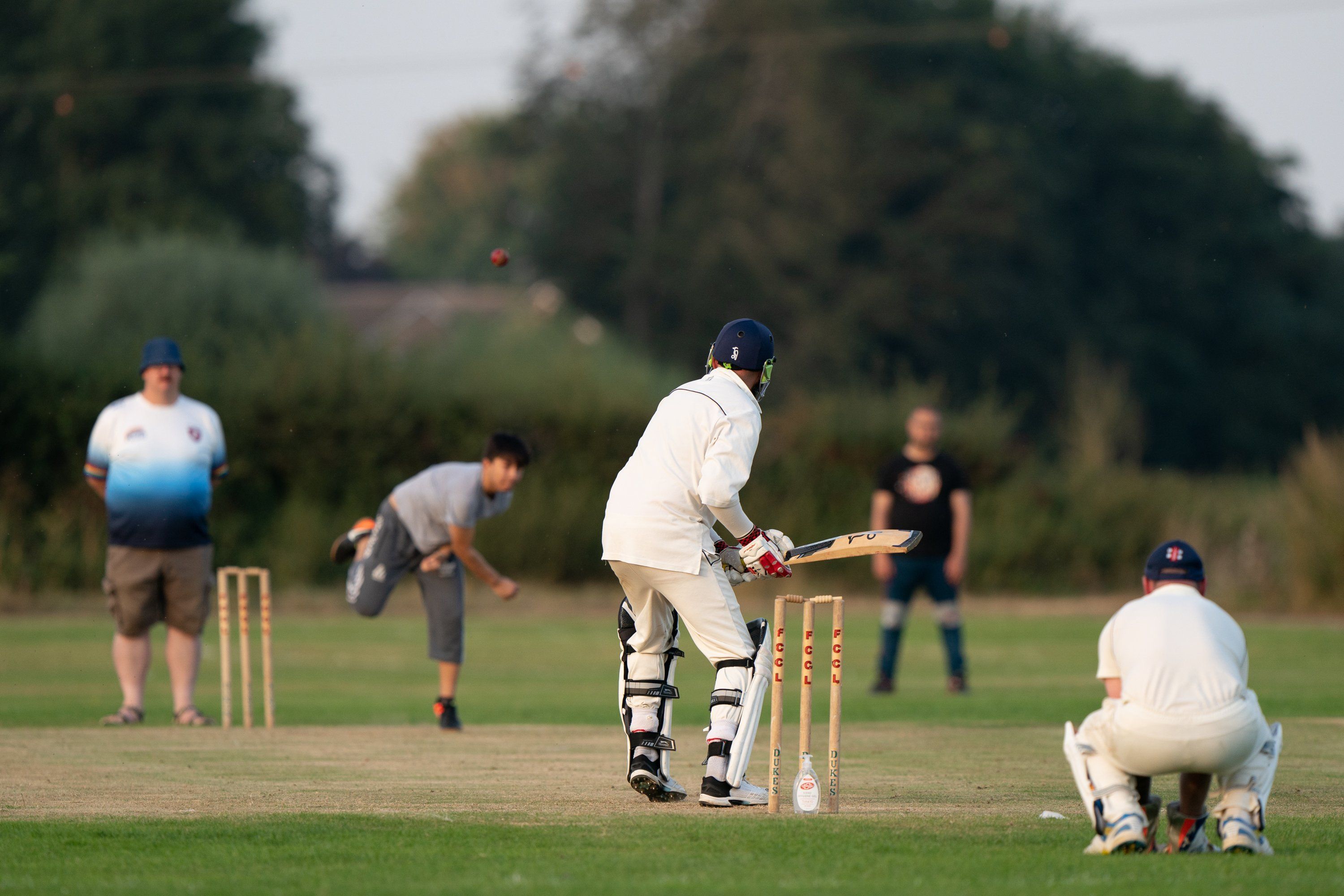The Taliban – which likes to use stadiums for public executions – now has ambitious plans to build a cutting-edge new sports facility for something else: cricket.
Afghanistan is cricket-crazy. Their underdog team pulled off a series of upsets at last year’s world cup – a momentary distraction from the country’s withering economic crisis. And although the squad still plays under the flag of the US-backed pre-Taliban government, they have powerful fans in Kabul – including Anas Haqqani, a Taliban official associated with a notorious terrorist group bearing his name – who provide political cover.
For the men’s team, at least. Most of the national women’s cricket team fled to Australia after the Taliban banned women from virtually all forms of self-expression, education, and public life.
Australia initially refused to face Afghanistan because of the Taliban’s abuse of women, but relented to play in the World Cup. The Taliban’s bet is that others will fold too and the men’s team’s glory will reflect well on the regime, both at home and abroad.
As it happens, a Daily writer saw the Afghan team in action just days ago during its recent tour of Sri Lanka. Although they lost badly, Pallekele Stadium was packed to see the rogue state’s squad on the pitch.
